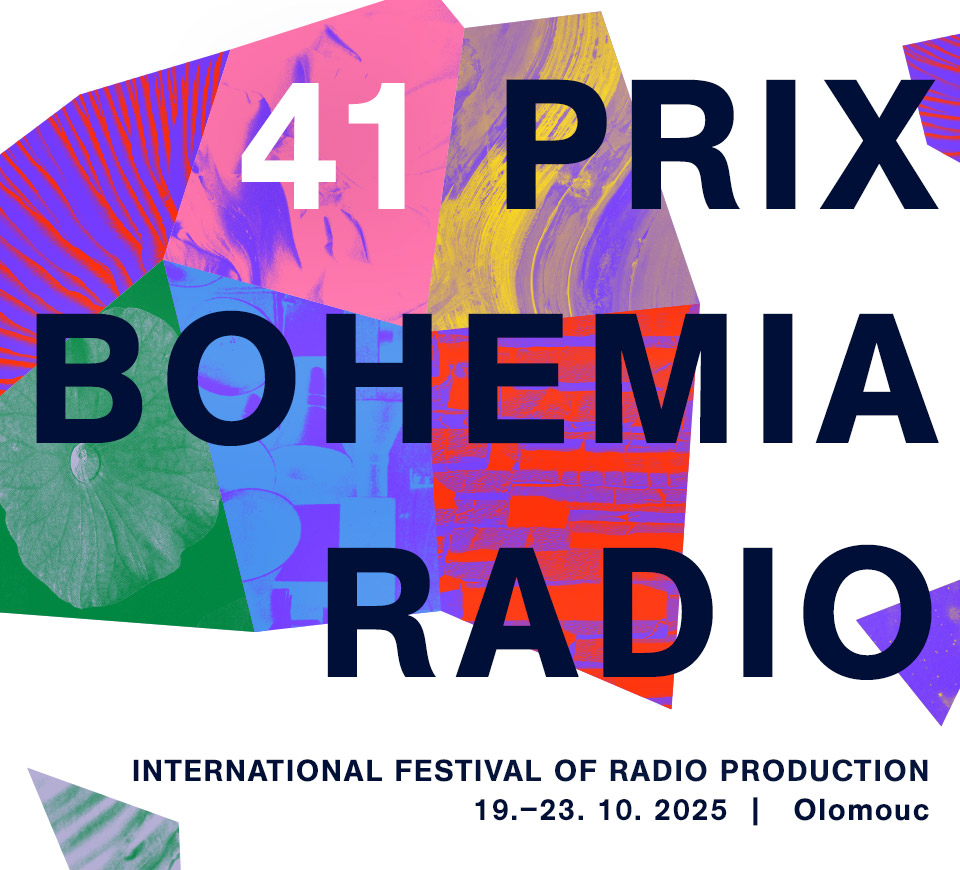Anyone can fight against the spread of fake news. Prix Bohemia Radio holds debate on disinformation
Full of students and young people – that was how the Václav Havel Classroom at the Political Science Department of Palacký University looked on the first day of the festival. They were lured here by a panel discussion entitled Fake News – Disinformation, Lies and Propaganda. Here journalists and media experts from the Czech Republic and abroad presented their ideas.
The migration crisis is an ever-current topic that has become a breeding ground for a whole range of hoaxes and false reports. The debate between five experts and journalists kicked off with considerations on how today’s media is coping with this controversial agenda. Everyone agreed that the main problem associated with reporting on refugees is the inability of the vast majority of media to free themselves of emotion.
It is these emotions that are behind the ever growing popularity of alternative sources of information. „Today people are very quick to form strong opinions on a range of problematic topics, be they immigration or politics. Whatever does not fit into their world view, they immediately condemn. This is true of both sides, however, so in the case of immigration, both its opponents and its supporters,” argued journalist and publisher of The Fleet Sheet and Final Word, Erik Best. „A fully objective truth will only satisfy a small part of the public. That is why the media I personally consider the best are losing readers the most today,” he added.

The flow of many readers and viewers away from mainstream and public media can, according to Gunter Neumann of German public radio station MDR, only be overcome by transparency in the work of professional journalists. „We must explain to readers how we work, why we have decided for a specific treatment of a subject and so forth. Only in this way can we gain their trust, which today is absolutely crucial,” said Neumann.
The perfidy of social networks
The contemporary media climate is not only distinguished by greater popularity of alternative media, but also by the dominance of the internet and social networks. For many users these serve as their main source of information. But it is sites such as Facebook that are an ideal environment for spreading disinformation. „Social networks are not traditional media organisations, yet they do end up replacing this function. Many people are unaware, however, that these platforms merely spread information and do not guarantee its veracity,” emphasises Petr Orság, head of the Department of Media and Cultural Studies and Journalism at Palacký University.

As Emily Thompson of Radio Free Europe pointed out, in the chaos of the internet, organisations that check the truthfulness of reports can be a great help. She added, however, that it is not impossible for an ordinary person to recognise fake news either. „If a report is emotional and tries to lure you in with a very shocking headline, that’s one warning signal right there. Then it’s good to check who wrote it and find out who they really are.“
No chance without media literacy
Is there any way we can fight against disinformation? According to the debate guests, a vital role is played by increasing media literacy, the low level of which plagues not only the Czech Republic, but countries in the West as well. „Students should already be learning in school about how the media world works and how to navigate through it,” Gunter Neumann commented on the fight against fake news. We should not only be able to keep our bearings in media as such, but also in their owners.
Anyone can help spread awareness and fight against disinformation. „We all have Facebook friends who have shared fake news at some point. There is nothing easier than telling them ‘maybe try checking your facts, it didn’t actually happen like that’,” notes Emily Thompson.
Audience also got involved in the discussion
The fact that the debate drew interest was confirmed by the questions the audience had for the guests and their feedback. „I’m taking media studies, so of course I’m going to come to a debate on disinformation. It was definitely very interesting. All the guests spoke well and lots of ideas came up,” said Palacký University Faculty of Arts student Jan Šimek.

The allocated two hours were not even enough for the guests to fully exhaust the hot topic of disinformation. Even so, they managed to touch on a great range of important aspects associated with contemporary media issues during the debate in English, in part thanks to the work of moderator Jiří Hošek.





